Poker Strategy: How to Become a Winning Player
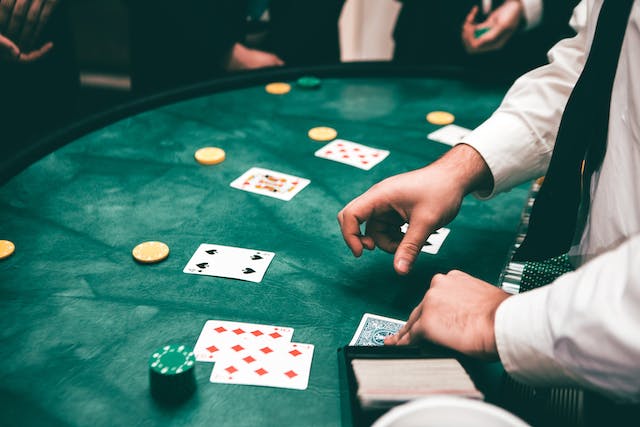
Poker, the age-old card game of skill, psychology, and strategy, has captured the hearts and minds of players around the world for generations. Whether you’re a casual player looking to have fun with friends or aspiring to compete at the highest levels, becoming a winning poker player requires a solid strategy. Moreover, here’s your intro to poker success!
StartingHand Selection
A crucial aspect of poker strategy is knowing which hands to play and which to fold. While it’s tempting to play every hand, successful players exercise restraint. Focus on starting hands that have a higher probability of becoming strong after the flop.
- Premium Hands: Hands like Ace-King (AK), Ace-Queen (AQ), and pairs of Tens (10-10) or higher are considered premium and should typically be raised.
- Position Matters: The strength of your starting hand should also be influenced by your position at the table. Playing tighter (selectively) in early positions and looser (more hands) in later positions can be a profitable strategy.
Reading Opponents
Poker is not just about the cards; it’s about the people. Developing the ability to read your opponents is crucial. Look for behavioral cues, such as betting patterns, body language, and table talk. This will help you make informed decisions and anticipate your opponent’s moves. Remember, a player’s actions often speak louder than their words.
Positional Awareness
Your position at the table is a critical aspect of poker strategy. Players in later positions have a significant advantage as they see what earlier players do before making decisions. Use this to your advantage by playing more hands from late positions and applying pressure to opponents when you have a position. Conversely, be cautious when playing from early positions, as you have less information about your opponents’ hands.
Bet Sizing
Effective bet sizing is an essential part of your strategy. Your bets should reflect your hand strength and your objectives in the hand. A well-timed, properly sized bet can accomplish multiple goals, such as building the pot, protecting your hand, and making it unprofitable for opponents to draw.
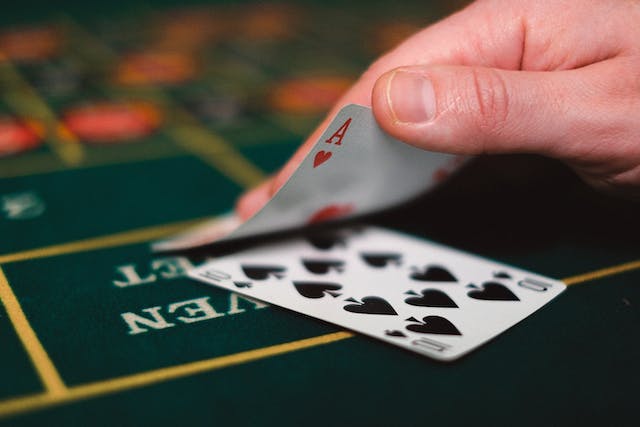
Bluffing
Bluffing is an art in poker. It involves representing a stronger hand than you actually hold. Successful bluffing requires a deep understanding of your opponents and the ability to create a believable story. Choose your bluffs wisely, and use them sparingly to keep your opponents guessing. Remember, a well-timed bluff can win you a hand, but too many bluffs can quickly deplete your chip stack.
Learning and Improvement
Poker is a game of constant learning and adaptation. To improve, study the game by reading books, watching videos, and analyzing your own play. Engage with the poker community to exchange ideas and strategies. Remember, even the best players never stop learning. Continuously reviewing and refining your strategy is essential to staying ahead of the competition.
In Conclusion
Becoming a winning poker player isn’t something that happens overnight. It takes practice, dedication, and a willingness to learn from your mistakes. As you implement these strategies and adapt to the ever-changing landscape of the poker table, you’ll be well on your way to achieving success and enjoying the challenges and triumphs that poker has to offer.…

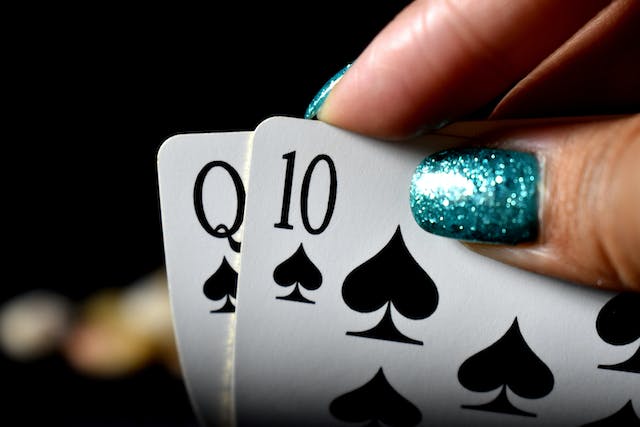
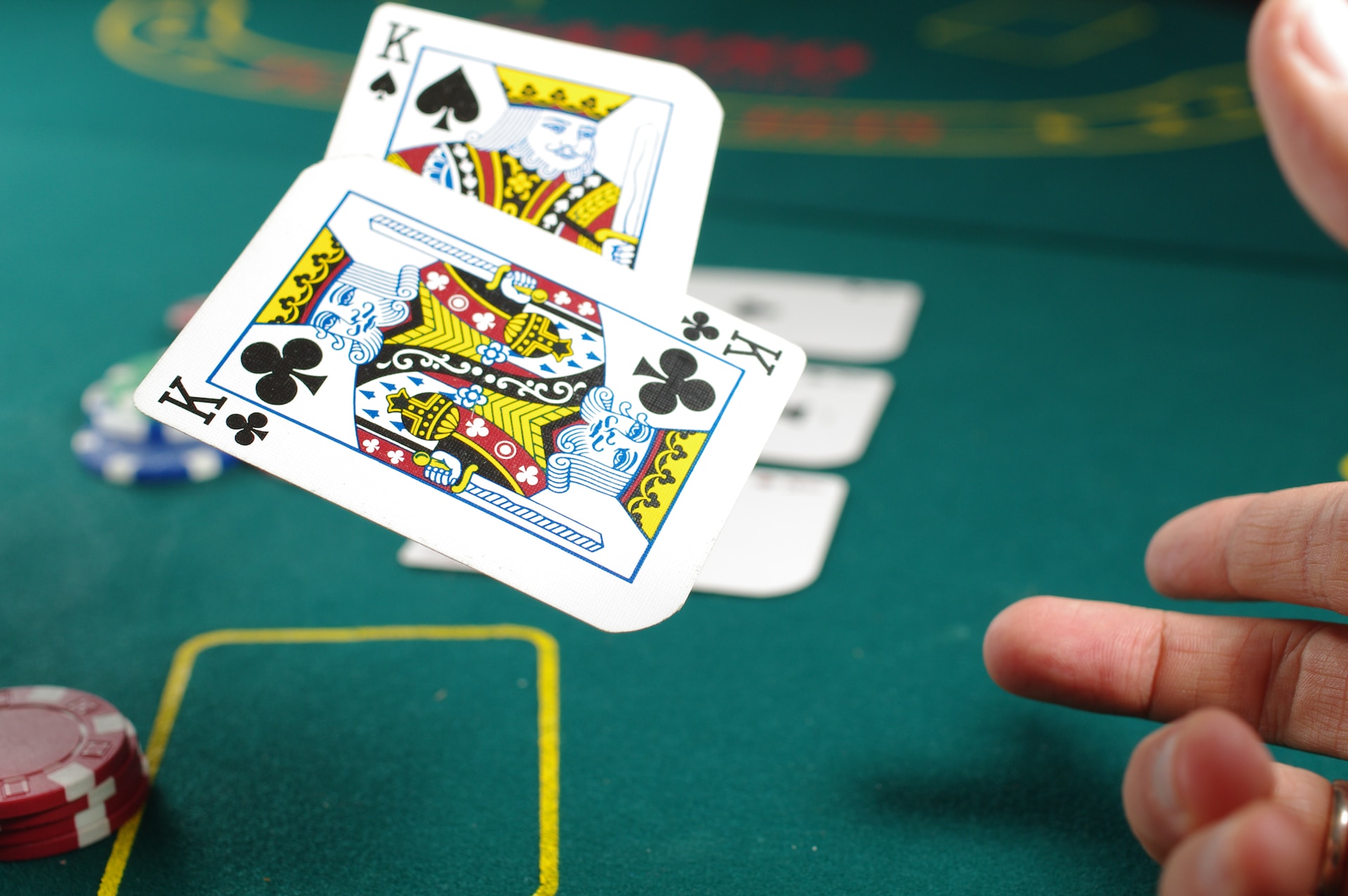
 When it comes to hard hands in online blackjack, things can get a little tricky. A hard hand is any hand that does not contain an Ace or has an Ace counted as 1 rather than 11. These types of hands require careful decision-making to maximize your chances of winning. The first thing you need to know about playing hard hands is that it’s all about the total value of your cards. Your goal is to get as close to 21 without going over while also considering the dealer’s up card. One strategy for playing hard hands is always to hit if the dealer has a strong up card, such as a 7 or higher. This increases your chances of improving your hand and beating the dealer.
When it comes to hard hands in online blackjack, things can get a little tricky. A hard hand is any hand that does not contain an Ace or has an Ace counted as 1 rather than 11. These types of hands require careful decision-making to maximize your chances of winning. The first thing you need to know about playing hard hands is that it’s all about the total value of your cards. Your goal is to get as close to 21 without going over while also considering the dealer’s up card. One strategy for playing hard hands is always to hit if the dealer has a strong up card, such as a 7 or higher. This increases your chances of improving your hand and beating the dealer.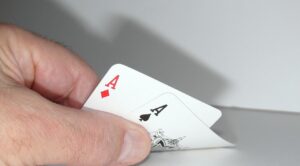 Pairs are an interesting aspect of blackjack that can either make or break your game. When you receive a pair of cards, it means you have two cards of the same rank, such as two 8s or two Jacks. This gives you the option to split your hand into two separate hands and play them individually. Splitting pairs can be a great strategy if done correctly. For example, always split Aces and 8s. Aces should be split because they give you a chance to create two strong hands with the potential for blackjack. Splitting 8s is important because having a hand value of 16 is not ideal, but splitting gives you an opportunity to improve odds. However, there are some pairs that should never be split. These include pairs of 10s, Jacks, Queens, and Kings. The reason behind this is simple – these pairs already have a high value, and splitting them would only decrease the strength of both hands.
Pairs are an interesting aspect of blackjack that can either make or break your game. When you receive a pair of cards, it means you have two cards of the same rank, such as two 8s or two Jacks. This gives you the option to split your hand into two separate hands and play them individually. Splitting pairs can be a great strategy if done correctly. For example, always split Aces and 8s. Aces should be split because they give you a chance to create two strong hands with the potential for blackjack. Splitting 8s is important because having a hand value of 16 is not ideal, but splitting gives you an opportunity to improve odds. However, there are some pairs that should never be split. These include pairs of 10s, Jacks, Queens, and Kings. The reason behind this is simple – these pairs already have a high value, and splitting them would only decrease the strength of both hands.